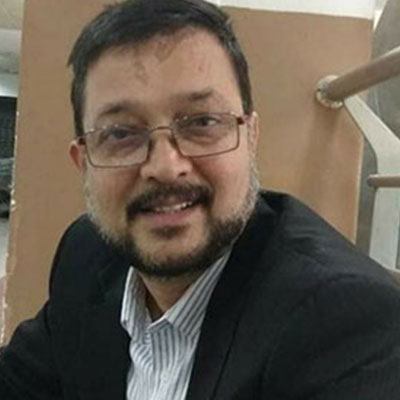The Government of India has released the draft order for the controlled use of the most popular herbicide ‘Glyphosate’. It has been proposed to limit its sale through pest control operators. This means, the herbicide that has been among the most widely used plant chemicals in India for the last 40 years, would not be allowed to be used by anyone else other than those who are involved in pest control operations. It seems that, government of India could not prevent the unapproved genetically modified crop HT Cotton cultivation. So, they are taking the indirect route to handle the HT Cotton menace.
Glyphosate is a broad spectrum, non-selective, systemic herbicide used for management of weeds and unwanted vegetation. This chemical is widely used by farmers worldwide for effective and efficient management of weeds. In India also, Glyphosate is the most used herbicide for weed management in both agricultural and non-agricultural situations such as along the side of irrigation channels, railway side and around buildings, etc. The product can also be used on farms, orchards, vineyards and agro forestry for non-selective vegetation control to maintain bare ground on non-crop areas.
Pesticides are the most regulated chemicals around the globe and India is no exception. Glyphosate formulations have been approved by the Regulatory Authority (CIB&RC) after in-depth evaluation of the products for their quality, efficacy and safety to the environment and users in the country. These products are also evaluated at various prominent State Agricultural Universities (SAUs) and then only it has been approved for use by the Central Insecticide Board & Registration Committee (Government of India).
Interestingly, Glyphosate is one of the herbicides with very low Toxicity (LD50 of 5000 mg/kg). According to published reviews on Safety evaluation and risk assessment by the Department of Pathology, New York Medical College. Oral absorption and dermal penetration of Glyphosate is low. No significant toxicity is seen. It can further be confirmed by a report published on 16 May 2016 by Joint FAO/WHO Meeting on Pesticide residue. This product has been used worldwide since the last 40 years without any harmful effects on the health of users as well as consumers. Glyphosate is used worldwide in 160 countries including the US, Europe and Japan. There is not a single reported incidence of toxicity to users in India or anywhere else in the world.
We all know that the weeds management is a major concern in agriculture and needs to be tackled as they compete with the cultivated crops. Hence depriving the Crops of essential nutrients and restrict plant growth thereby causing yield losses. Also, weed control in non-crop areas is equally important, as the weeds possess serious threat.
Secondly, being a broad-spectrum (controls all kinds of weeds) & too economical, it is unnecessary and unjustified to impose restrictions on use of Glyphosate. Restriction on Glyphosate use will only lead to hardships to farmers, cultivation yield loss & increasing cost of production which will further distress the farming community, as such they are already going through a tough time.
‘As the Government of India (GOI) look towards achieving “Doubling the Farmers” Income by 2022, the restrictions on use of effective herbicides i.e. Glyphosate will prove detrimental to the economy of Indian Farming Community’. ‘So, instead of restricting the Glyphosate use, the Government should prevent the illegal cultivation of HT Cotton’.
Contributed by Dr. Kalyan Goswami & Girish Ahuja, Agro Chem Federation of India
Disclaimer: The opinions expressed within this article are the personal opinions of the authors. The facts and opinions appearing in the article do not reflect the views of ICN and ICN does not assume any responsibility or liability for the same.
